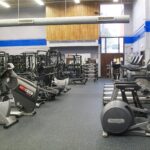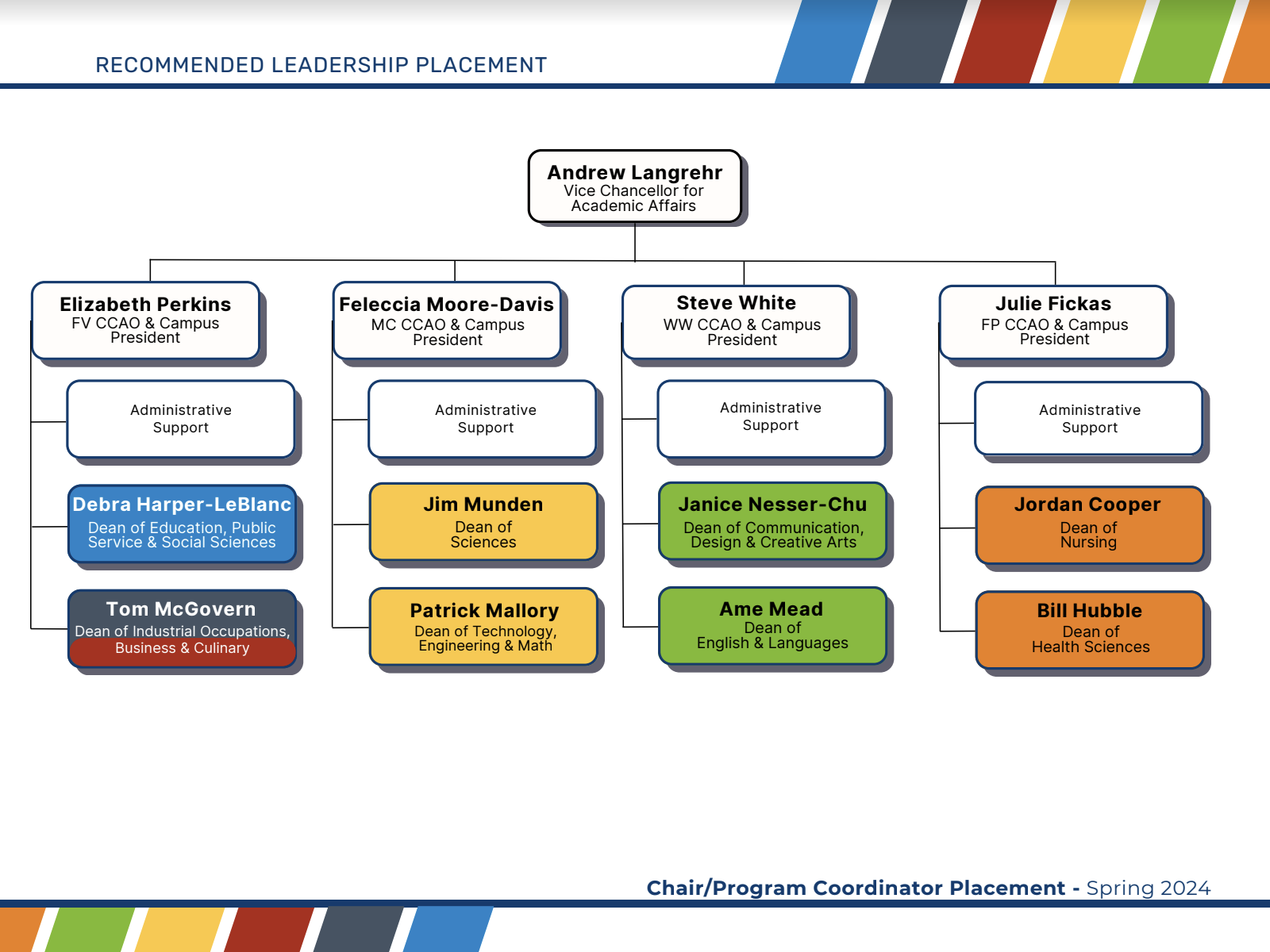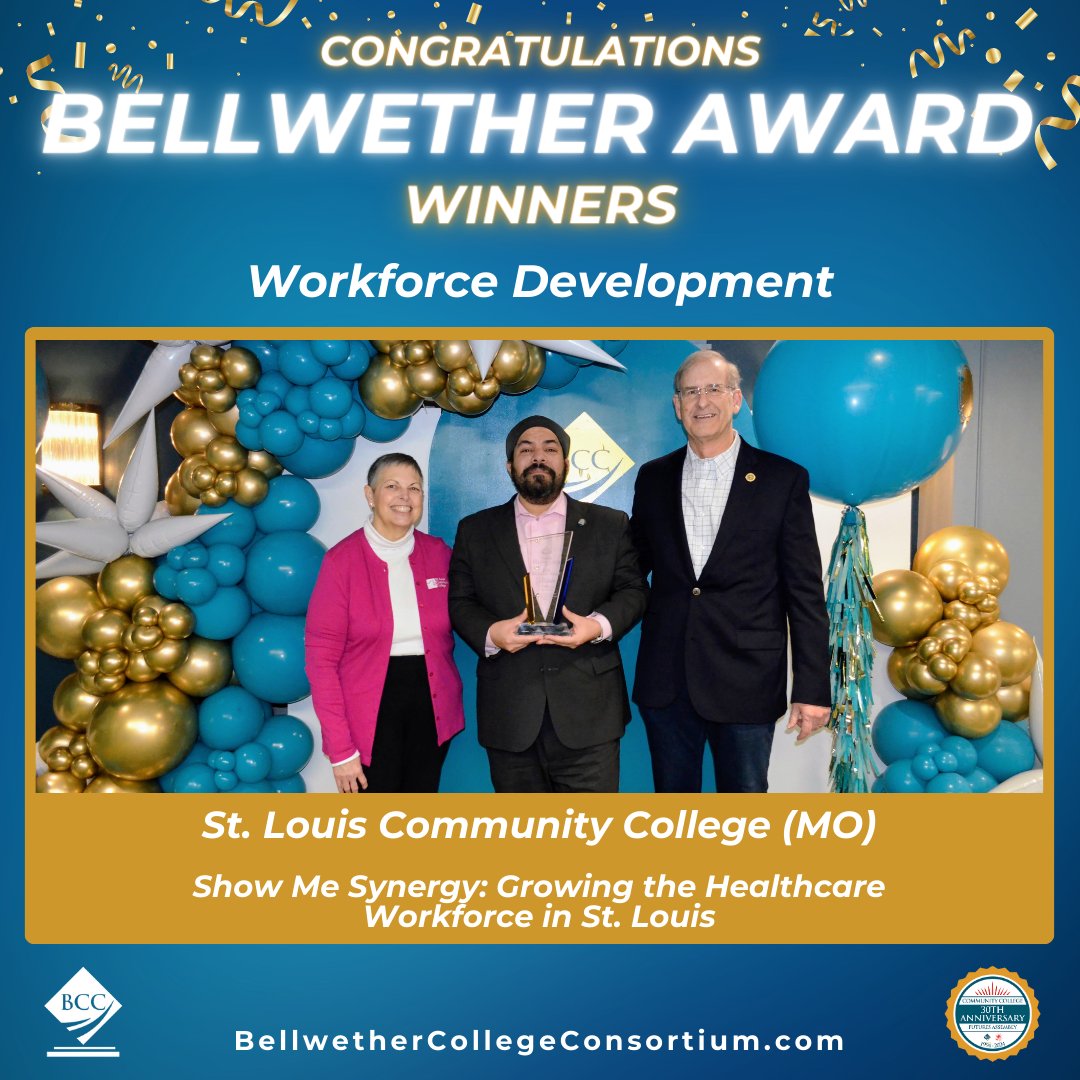Access Office, Faculty evaluate accessibility for Meramec students
By: Mary Wilson, Opinions Editor
According to the National Center for Education Statistics, during the 2015-2016 school year, 19 percent of undergraduates identified as having a disability.

Such students are covered under the Americans with Disabilities Act, signed into law in July 1990, and section 504 of the Rehabilitation Act of 1973. Under Section 504 and the ADA, all programs of post-secondary educational institutions must be accessible to students with disabilities. Disabilities can include learning disabilities, such as dyslexia or ADHD, students with chronic medical conditions, students who have mental health disabilities, students with physical limitations and more. “(Disabilities are] the one club that you can join at any point in your life. Planned or unplanned, it can happen,” said Matthew Sullivan, PhD, director of the Access Office at St. Louis Community College at Meramec. According to the St. Louis Community College website, the Access Office is “committed to providing all students an equitable and accessible environment in all learning opportunities, programs, resources and facilities.”
“There’s some students who won’t completely have the opportunity to showcase what they know, unless it’s in a more distraction free environment,” said John Messmer, professor of political science at Meramec. “I think my classes are typical of other college classes. We (professors) take pride in our subject matter so we want to convey as much information as we can. At times, that can mean we go pretty fast. It can mean that the information can be sometimes very intimidating. I think that’s for everybody. But for some students with genuine learning disabilities, it can be even more of a burden and even more intimidating. And so of one of the most common accommodations… is the note taking service.”
Sullivan said there is a baseline of expectations for students with disabilities.

“When I look at the ADA, in the field, it’s considered the floor, not the ceiling,” said Sullivan. “It sets the baseline of expectations, but there’s no reason that we can’t continue to work and move forward so we’re exceeding the baseline. It creates a society that’s more open and welcoming to all individuals, regardless of race, ability, background, beliefs: it was a law to design inclusivity.”
The Access Office at STLCC-Meramec works closely with faculty to ensure accommodations are made for students with disabilities.
“In my opinion, the Access Office does an excellent job in working with faculty,” said Messmer.
According to Pamela Garvey, professor in the English department at Meramec, there are concerns both on and off Meramec’s campus. “I had a student several years ago, when we had some really bad ice storms. The sidewalks were not adequately shoveled or de-iced for him, so he ended up missing so many classes that he sent an email to me and his other instructors saying ‘I’m just going to withdraw.’ And that was really disheartening to me. That’s beyond our campus,” said Garvey.
As far as concerns on Meramec’s campus, Garvey listed the Communications North building. “The women’s restroom is on the 2nd floor and the men’s is on the 1st floor. If you’re a student in a wheelchair, that elevator is slow. If you’re on a Monday, Wednesday, Friday schedule with 10 minutes between classes and you need to use the bathroom and get to your class and they’re on different floors, it makes you late for class,” she said.
“I think on a campus level…. accessibility to things such as restrooms, we need to think about things like that. I think we always need to make sure that when the weather’s bad, we’re thinking about students who could be harmed, if for example, everything’s not clear and dry and safe. And I think our crew does a great job. But what we need to remember is that when literally thousands of people are coming through, they trek things in… The crew is doing a great job, but maybe we need more of them. I sometimes worry that we’re a little understaffed. I have no criticism of how hard they’re working. I just wonder what we could do to make sure we have enough people to stay on top of those things so it’s safe for all students to come to campus, and all employees who have that need,” said Garvey.
Both Messmer and Garvey mentioned the Access Office as a great resource for students. “I use the Access Office when I have concerns, to help me out. I recommend students do the same thing, even if they’re not registered with them, if they think they should be I think they should talk to them,” Garvey said.
Garvey highlighted the need for more faculty training, too. “We (faculty) do a lot of online training for employees for things like– legal things. What is sexual harassment, what is Title IX, all that stuff’s great. It might not be bad if we were to go a little bit deeper into how we can best help all students succeed. We cover the basics, we cover what’s legally required. And that’s good. I wonder if it might not be bad to have some kind of training, workshops, people who have more knowledge on how to best serve students in the classroom when they come to us and say, ‘I have anxiety.’ Or they come to us and they have ADHD. Things like that, and how to best deal with it,” said Garvey.
Sullivan said faculty support is essential.
“The desire (of faculty) to support is there,” Sullivan said. “They (faculty) want to be able to support and educate students in their classrooms; that’s why they’re faculty. So I can say yes…being in October now, there is professional development and training. The goal is making sure that’s (professional development) available on a more consistent basis.”
Sullivan brought up Disability Awareness Month, held in October. Events on Meramec’s campus include a scavenger hunt for famous people with disabilities and a presentation about service dogs for individuals with disabilities, as well as an Access Office Open House, held on Oct. 24.
Dennis Dill, Senior Manager of HVAC and Maintenance, said via email that “The College is in compliance with ADA requirements. Special needs are addressed on a per person basis. Areas undergoing major renovation or new construction have enhanced accessibility provided. […] The College has been, and will continue to be, diligent in their efforts to remain in compliance with current ADA standards.”
“Disability is a way of life. It’s an identity. It’s natural. There’s no escaping it. In a good way,” said Sullivan. “I’m very thankful that America, though we have a long way to go, we are one of the most progressive nations in the world is fascinating. In 20 years, we will be in a very different place than where we are now. The ADA is only 29 years old. It’s very new in regards to some of the major legislation that exists in our government. So the more we build and the more we grow, the better it becomes.”











